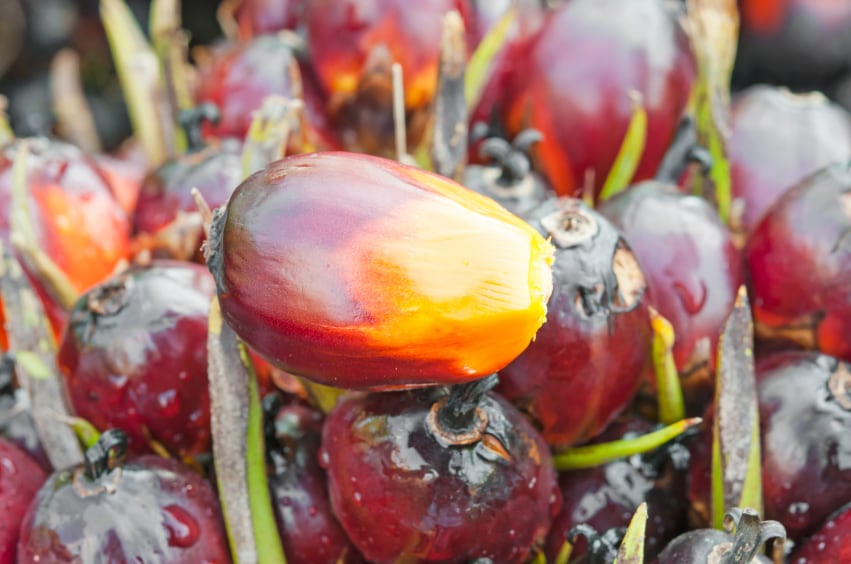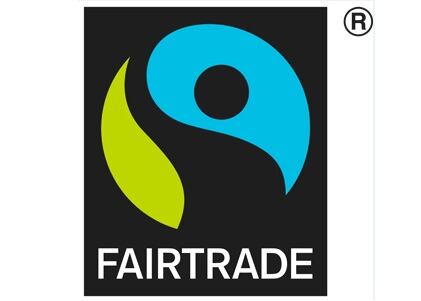Fast-forward a couple of years and food certification schemes are under pressure. The Rainforest Alliance, Fairtrade, Marine Stewardship Council (MSC) and the Roundtable on Sustainable Palm Oil (RSPO) have all encountered sticky patches in 2016. So, what’s going on? Why has the spotlight suddenly turned on these ethical and environmental initiatives and does this signal the beginning of the end for them? Probably – and hopefully – not.
These are powerful brands in their own right, after all. Fairtrade and MSC products were worth €7.3bn and €4.2bn respectively last year. Euromonitor research published back in May revealed that ethical labels on packaged food and drinks were worth a princely €709bn across the 26 countries assessed.
It’s easy to see why many food companies have been eager to jump on the bandwagon. Independent certification of key commodities is a win-win. First, it provides businesses with the peace of mind that the far reaches of their supply chains are in order – ethically, environmentally and socially – and keeps campaigners at bay. Second, it assures consumers they’re buying from a responsible brand (there are even real-world experiments showing that they’re willing to open their wallets wider to pop an ethical product in their shopping baskets).
Period of reflection
The wheels haven’t come off this ethos but corporates and consumers alike are in a period of reflection. Do the bolts just need tightening or are some of the schemes in need of a major overhaul? All the while, campaigners are lining up to look under the bonnet.
Palm oil has been the pincushion. The RSPO’s handing of the IOI Group’s suspension and reports of child labour in plantations operated by Wilmar have bookended an annus horribilis for those using the increasingly popular commodity. Indeed, it’s the brands that become the centre of any media storm. With IOI they were prepared: many major food manufacturers didn’t waste any time in cutting ties, at least until they were sure their supplier had fallen back into line with the RSPO’s sustainable palm production rules.

It was a similar story with Wilmar. The RSPO again came in for criticism. “This report clearly shows that companies have used the Roundtable as a shield to deflect greater scrutiny,” said Seema Joshi, head of business and human rights at Amnesty International, which carried out the investigation. Bad news about an industry-led ethical initiative always makes for good headlines, of course. Many focused on the consumer-facing brands, with the Guardian in the UK capturing the zeitgeist with: “Firms such as Kellogg’s, Unilever and Nestlé ‘use child-labour palm oil’.”
Meghna Abraham, Amnesty’s senior investigator, said the findings “will shock any consumer who thinks they are making ethical choices in the supermarket when they buy products that claim to use sustainable palm oil”. The lack of transparency also “interferes with their ability to make informed choices”, Amnesty noted. The RSPO is a slow-moving beast, so how long can it last before companies start jumping ship and creating their own programmes?
Jumping ship?
That’s what has started to happen in other schemes. Whilst the palm oil stories have related controversy, with Fairtrade it’s confusion. The news that Mondelēz International is swapping the Fairtrade logo on its Cadbury products for its own Cocoa Life branding didn’t go down well. Fairtrade won’t certify the products any longer but the organisation will be a “partner” for the Cocoa Life sustainable sourcing programme and as such its logo will move to back-of-pack.

Going in-house to replace an ethical mega-brand is risky – and Mondelēz has come in for some fierce criticism already. The move to keep the Fairtrade logo on pack to ‘watch over’ the new scheme as it beds in seems logical, but the halfway house it creates could end up creating confusion. A company spokeswoman told me they’ve tested the new packaging and if consumers want to know more about what the scheme they can check out the dedicated website. But who will?
Indeed, the beauty – and subsequent popularity – of Fairtrade is its simplicity. As the organisation’s director of policy Barbara Crowther once put it: “I think people are genuinely attracted by the idea that, in doing something very simple such as picking one packet over another packet, they can actually make a fundamental difference to the people at the other end of the supply chain.”
The Mondelēz move represents “the next stage of evolution” for the scheme, according to Crowther. Fair enough, but it won’t be easy: Fairtrade has come in for as much stick as the corporates it is consciously uncoupling from, with some suggesting this is the end of the line for the certification scheme.
‘We cannot certify or label people out of poverty.’

That may be premature. Nevertheless, Mondelēz’s move to take ownership of its own sustainability efforts is another sign that corporates are getting itchy feet when it comes to independent certification of key commodities (Nestlé also has its own cocoa plan). The comments made by Glenn Caton, Mondelēz’s northern Europe president, in an interview with the BBC are telling: “… sustainability is about much more to us than price”.
It’s something that Jöhr also alluded to a couple of years ago, when he suggested that the onus should be on companies not certification to help farmers thrive. “We have learned we cannot donate people out of poverty. We cannot certify or label people out of poverty. Let’s educate people out of poverty.” Fine words, but brands will now need to convince consumers that their in-house schemes live up to the hype. That could take a very long time.
